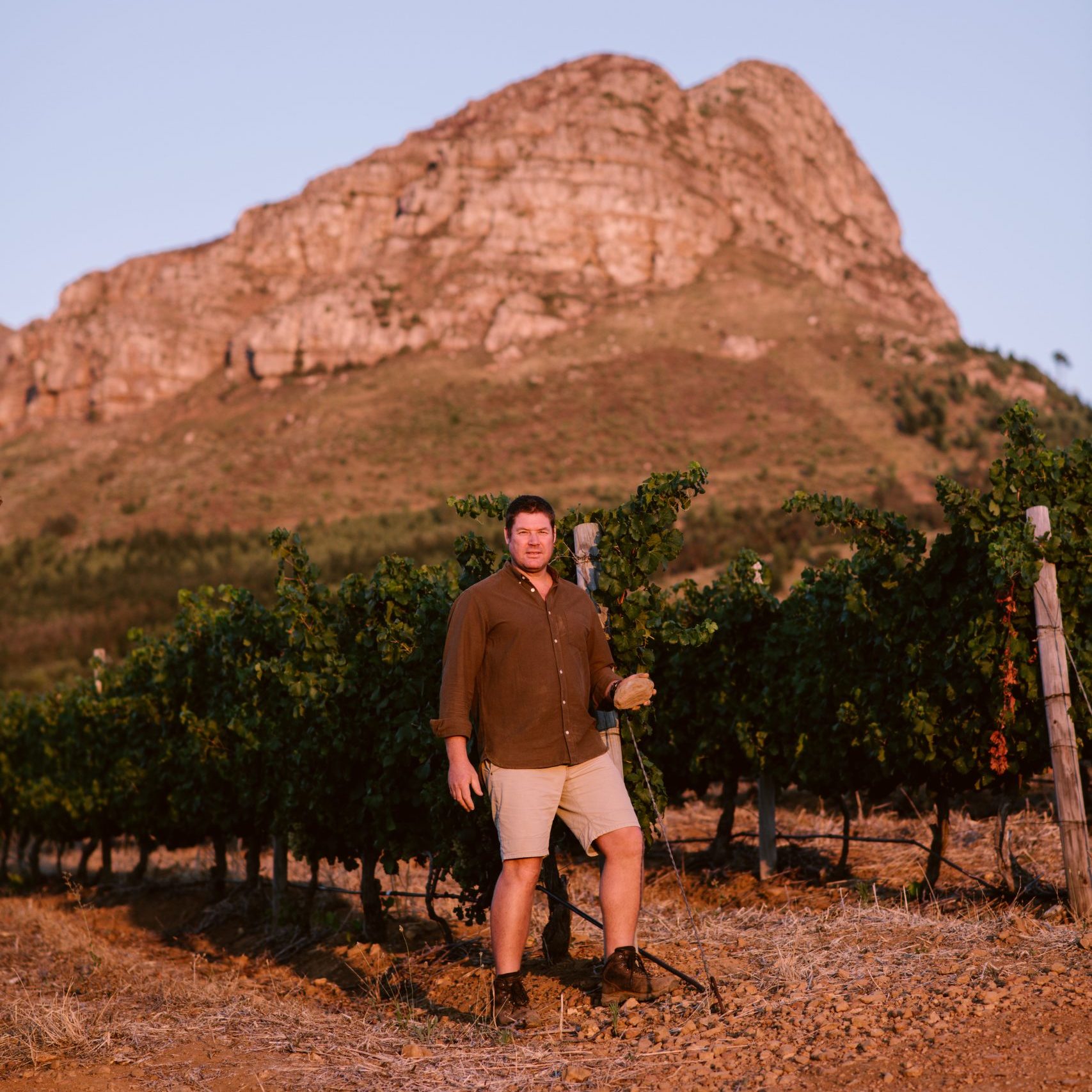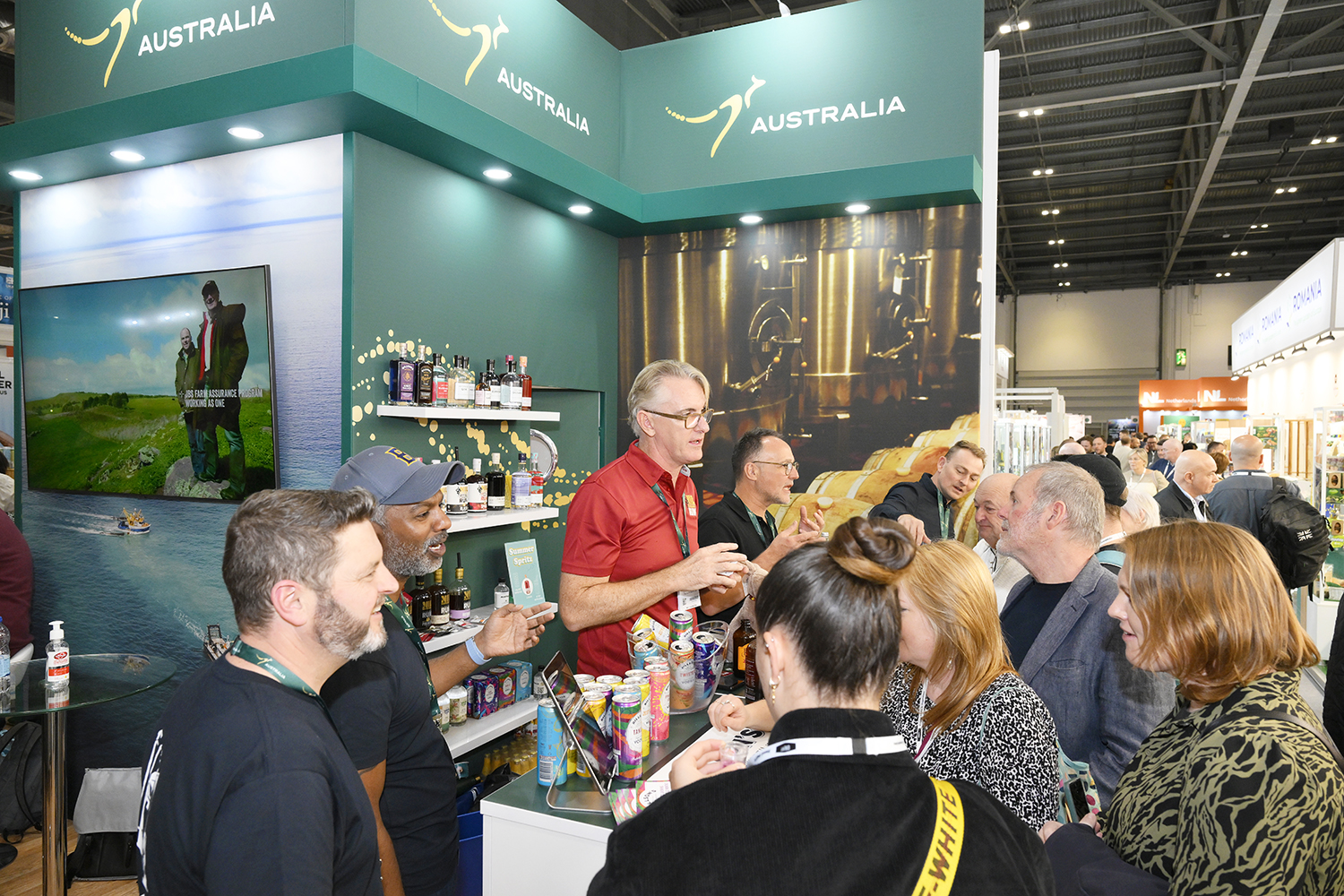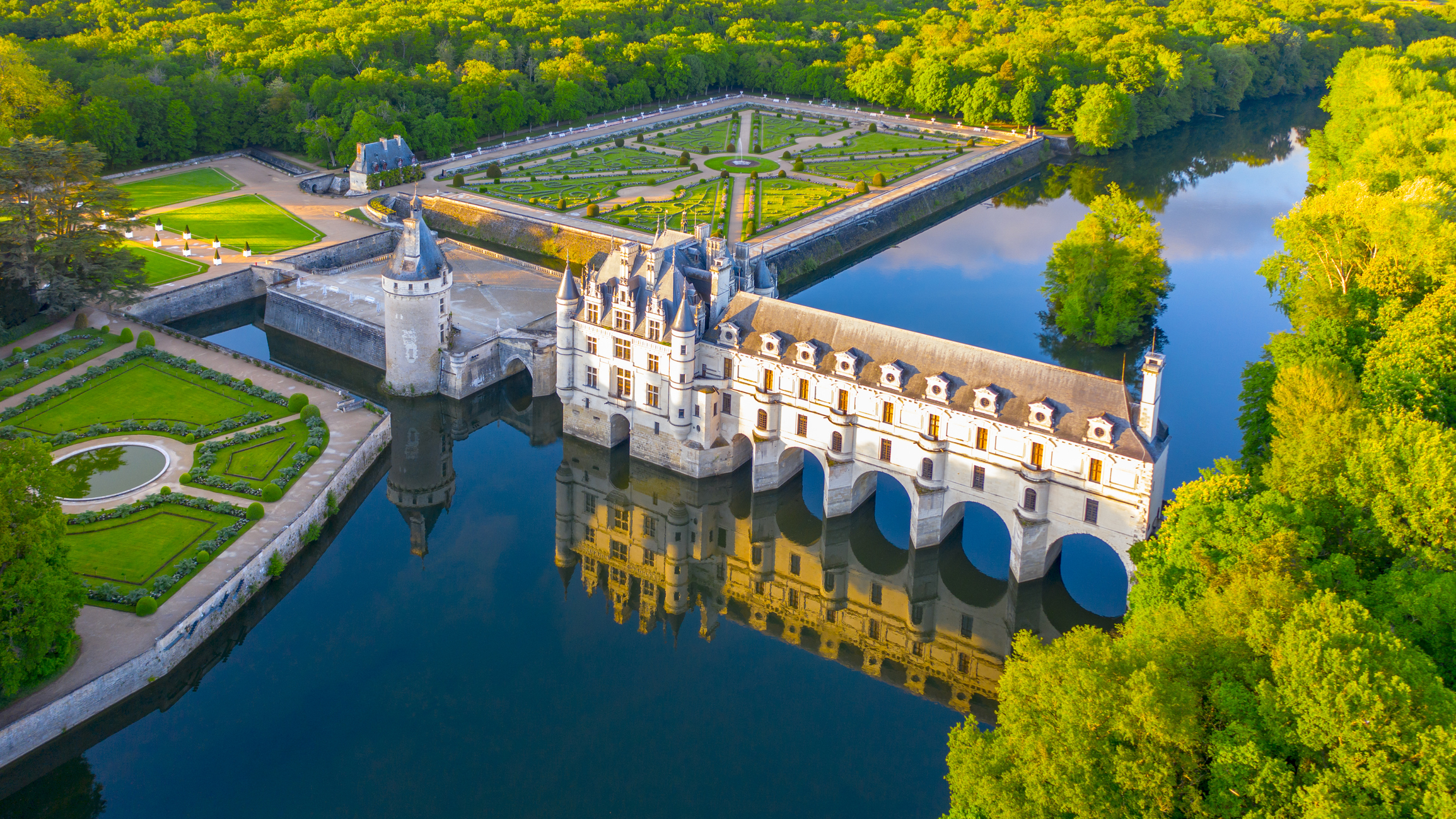Dubourdieu: ‘Old vines are not better’
By Lucy ShawFrench wine consultant Denis Dubourdieu has blasted the theory that old vines lead to better wines.
Denis Dubourdieu (left) and Castello d’Albola winemaker Alessandro Gallo
Speaking to the drinks business during a tasting at Castello d’Albola in Chianti, owned by Zonin, Dubourdieu said: “We often have better results with young vineyards than old ones.
“There’s no hard and fast rule that old vines lead to better tasting wines. It depends on how they have been planted, the density and the rootstock used.
“You’ll always make a better wine with a young vine planted properly than an old vine planted poorly,” he said.
Speaking on the topic of wine consultants’ often inflated egos, he said: “The winemaker is the author of the wine. The consultant plays the role of the architect – he might be able to help you build your house but it is still your house.
“Many consultants are convinced that if they give their advice on a project that the wine is theirs but that is not true.”
The stony site at Castello d’Albola where the estate’s 100% Sangiovese is grown
Having consulted for Zonin since 1997, Dubourdieu has seen positive results with single vineyard Sangiovese at Castello d’Albola in recent years.
“Sangiovese is a very difficult variety as it is often green with harsh tannins. When I started working with it I thought it needed to be paired with other varieties in order to give it more colour and taste.
“What I found at Castello d’Albola was that if we planted it properly and reduced the yields then real character comes through even from young vines.
Partner Content
“The 2013 vintage of Il Solatio is a different world to its siblings. It has an amazing fruit profile, purity, silky tannins and sweetness without sugar,” he said.
Working with winemaker Alessandro Gallo, the aim with Il Solatio was to successfully combine power and elegance, which Dubourdieu describes as “the big issue of great wine.”
At Zonin’s Maremma estate, Rocca di Montemassi, Dubourdieu has found that Syrah and Petit Verdot perform better in the region’s limestone rich soils than both Cabernet Sauvignon and Merlot.
“It’s something we learnt through experimentation, but the Syrah and Petit Verdot have emerged as the stars in Maremma and are outshining Cabernet and Merlot,” Dubourdieu said.
“That said, with the IGT wine we’re making in Maremma, we don’t want to express the variety but the place through the best translators.
“As we change the blend every year the wines are different when they’re young but the terroir is always the strongest defining factor in the end,” he added.





I am sure that Mr. Dubourdieu would then agree, applying the same logic, that neither is the old world better?
Your report on the comments made by Denis Dubourdieu – one of our most respected oenologists – give a misleading idea of his message. He did not say that “old vines are not better” than young; he merely remarked that old vines can’t give superior results if they’re badly planted and if rootstock and density are wrong. Of course properly handled young vines will give superior results compared with ineptly-treated old plants.
Tasting with serious producers over forty years has shown me that, all things being equal, old vines nearly always give superior results. Their wines show a special mellowness, depth of flavour, and complexity that young vines can rarely match. On hundreds of occasions I’ve been able to guess the age of the vines in a given sample to within 2-3 years. Increased maturity in vines is as easy to spot as in humans! Of course well-treated young vines can give superb results too, as witness the wonderful 1982 Le Pin, fashioned from four-year-old vines (see my blog on www.oenofile.co.uk).
I agree with Frank, and the author of the article needs a little slap for using an over-sensational header.
It is the sheer mass of an old vine, mostly underground, that gives everything it has to the clusters at veraison. Not just sugars, but minerals and complex phenolic compounds. The process is only partly understood, but those grapes have the potential to make a wine with a bold phenolic structure, and develop with time. Unfortunately, many modern winemakers dance away from that, in favor of drink now styles. With very young vines, I make a drink now style, but with old vines I endeavor to do better.